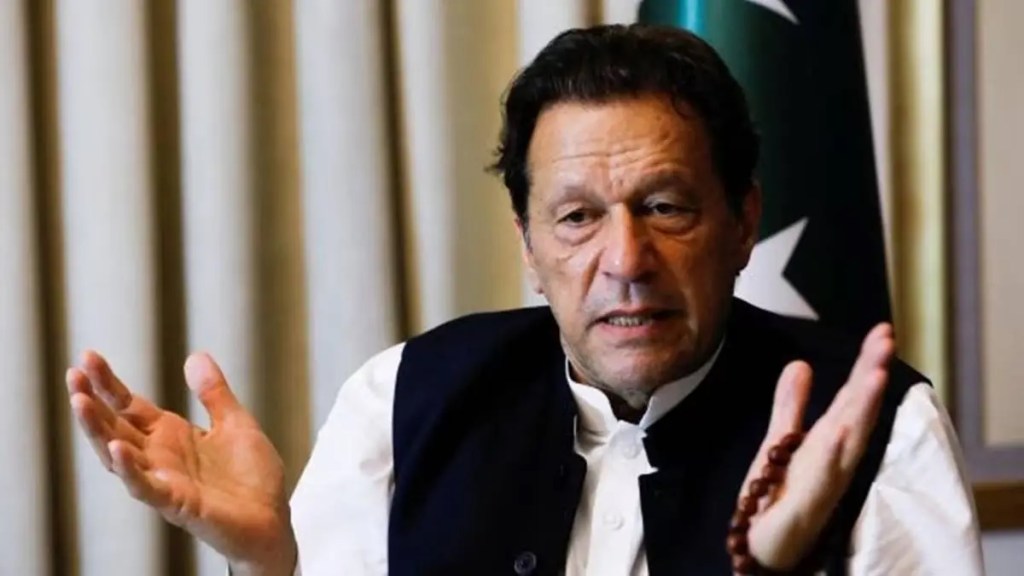Jailed former prime minister Imran Khan’s Pakistan Tehreek-e-Insaf (PTI) party faced a setback as three independent members of Punjab’s provincial assembly, previously aligned with PTI, have switched to a rival party. In contrast, the Nawaz Sharif-led Pakistan Muslim League-Nawaz (PML-N) managed to secure the support of eight independent Members of the Provincial Assembly (MPA)-elect and one Member of the National Assembly (MNA)-elect, strengthening its position both in the National Assembly and the Punjab Assembly.
PML-N’s Strategic Moves
In Punjab, PML-N’s strategic maneuvering becomes apparent as former prime minister Sharif’s daughter, Maryam Nawaz, has been nominated by the party for the position of chief minister. This move underscores PML-N’s efforts to consolidate power in the politically significant province.
PTI-backed Members Switch Allegiances
Three PTI-backed members of the Punjab Assembly have aligned themselves with Aleem Khan’s Istehkham-i-Pakistan Party (IPP), following the resignation of IPP patron-in-chief Jahangir Khan Tareen. Aleem Khan, reportedly backed by influential forces, is actively garnering support from PTI-backed independent winners in Punjab, aiming to bolster his party’s numbers.
Growing Support for IPP
Aleem Khan claims that more PTI-backed independent MPAs-elect are poised to join the IPP, further strengthening its position in Punjab politics. This shift in loyalties poses a challenge to PTI’s hold in the province.
PTI Loses Ground
Further exacerbating PTI’s predicament, a fourth PTI-backed independent winner in Sindh has joined the Pakistan Peoples Party (PPP), led by Bilawal Bhutto Zardari. These defections indicate a weakening of PTI’s influence and the ongoing efforts to bolster PML-N’s standing.
Coalition Dynamics
With PTI’s independent winners leading the National Assembly, PML-N President Shehbaz Sharif aims to form a six-party coalition government early next month. The PML-N and its ally IPP seek to secure enough support from PTI-backed independents to minimize reliance on the PPP in future governance arrangements.
As political realignments unfold, PTI faces challenges in maintaining its grip on power, while PML-N strategically maneuvers to consolidate its position in Punjab and the federal government. The evolving dynamics in coalition-building and party allegiances will shape the future political landscape of Pakistan.
(With PTI Inputs)


